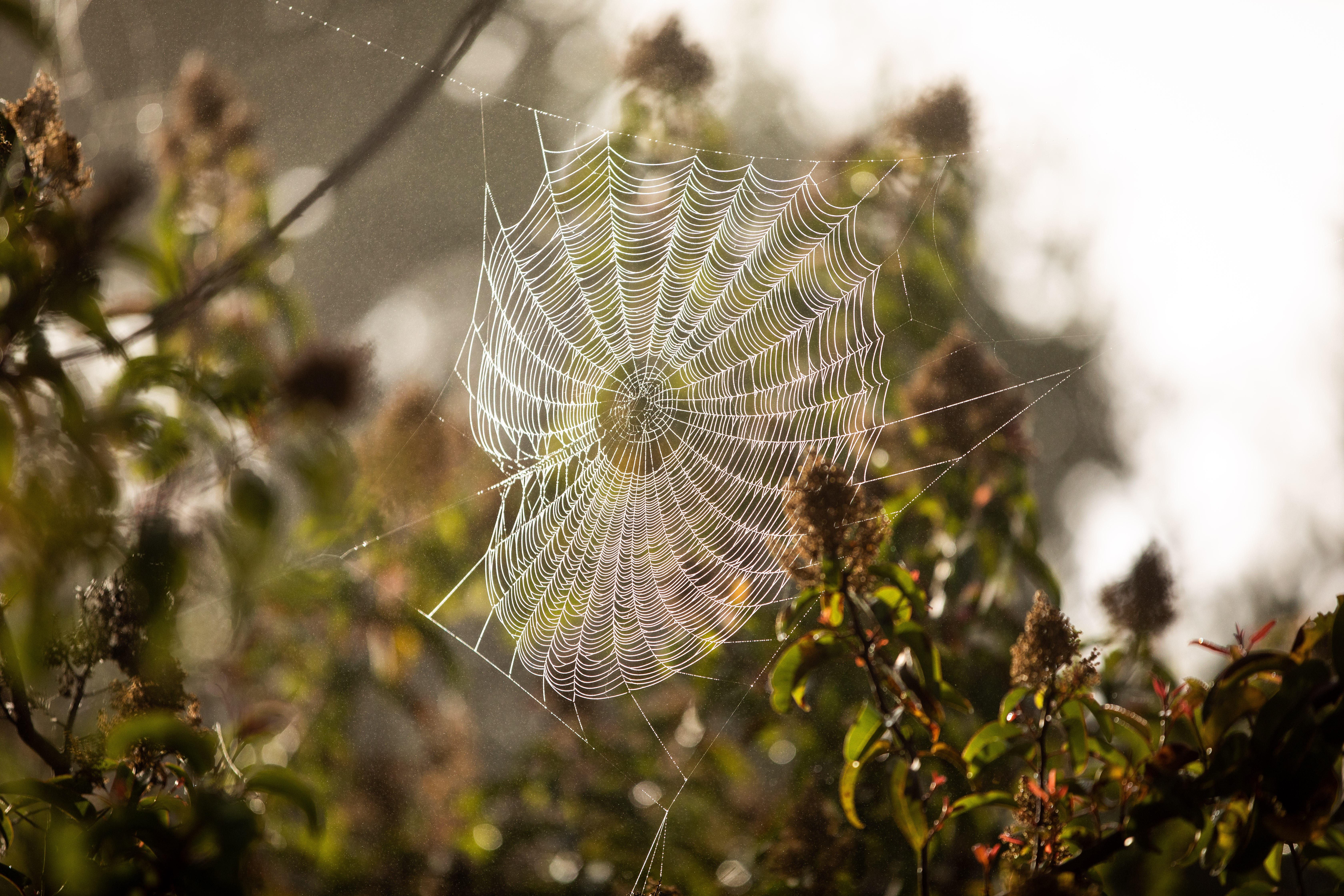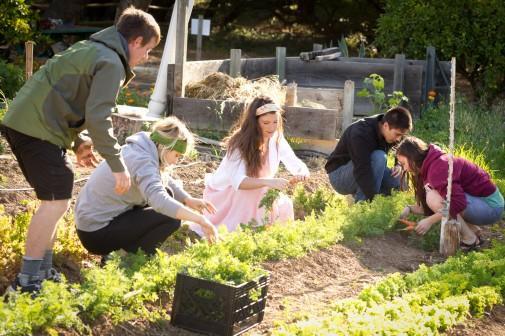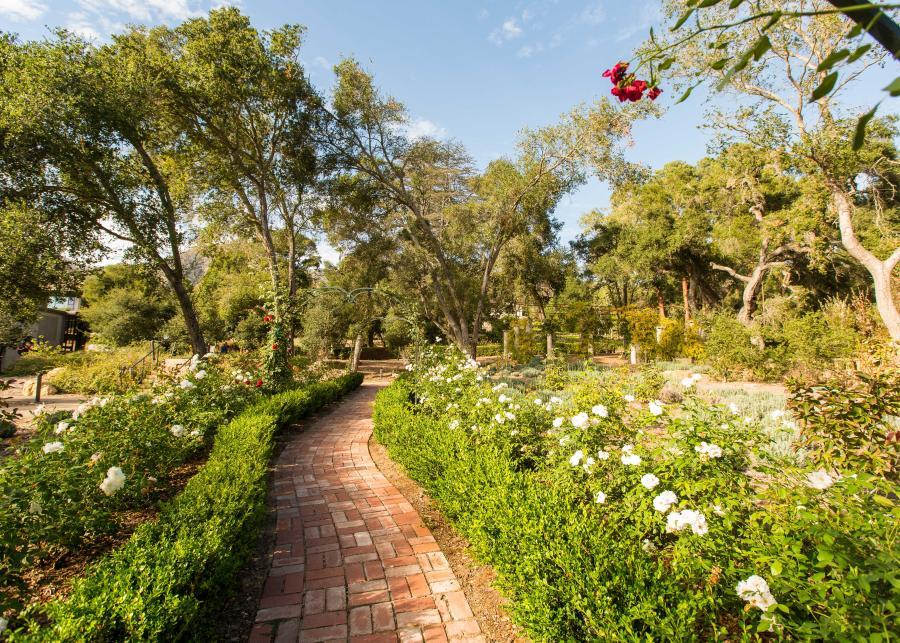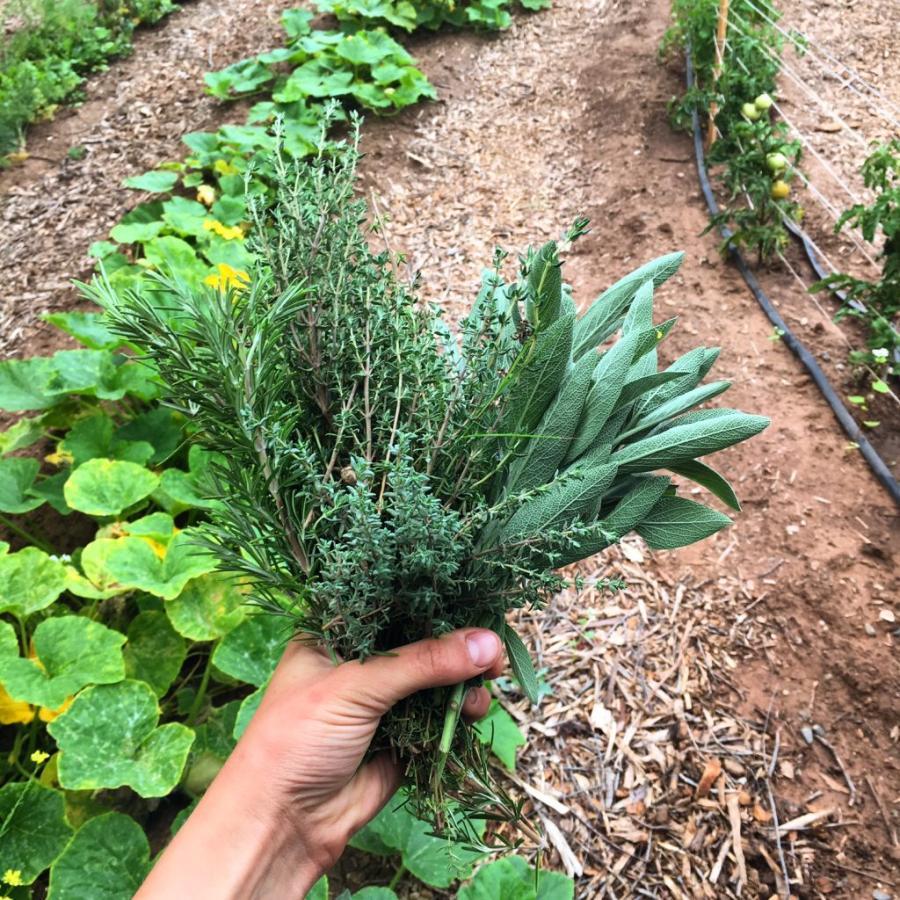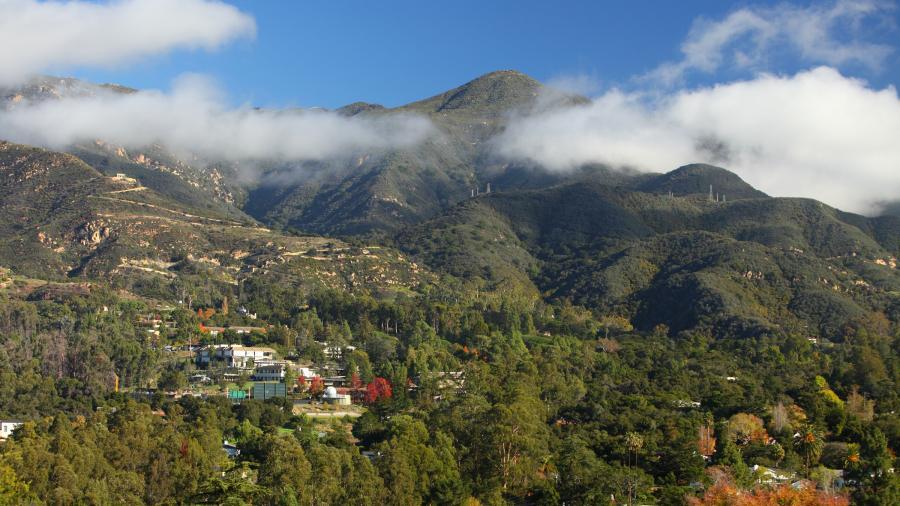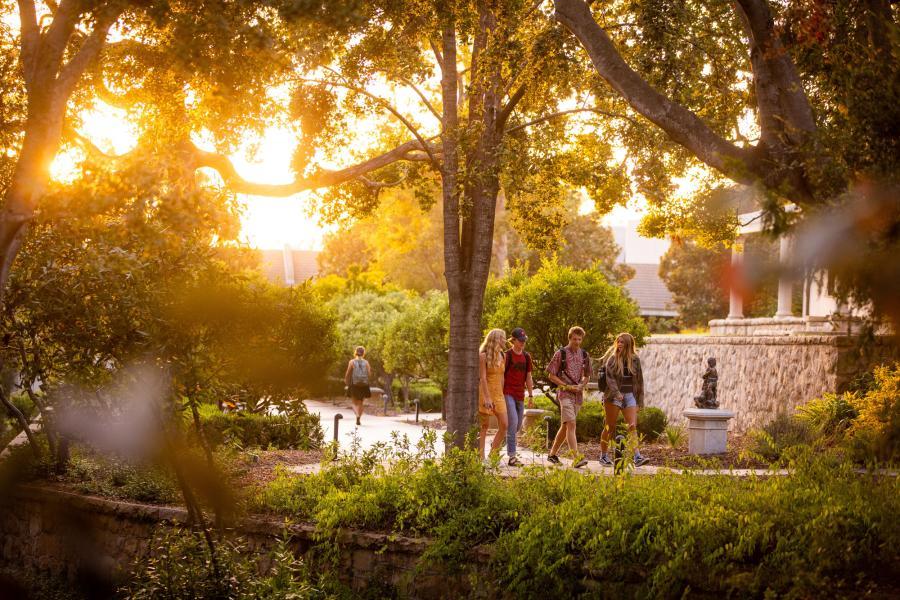Faith.Climate.Action. Retreat – Coming June 2026
We’re excited to announce plans for the Faith.Climate.Action. Retreat, a capstone gathering designed to bring together participants from our first two summer workshops. Scheduled for June 2026, this in-person retreat will offer space for reflection, deeper training, and strategic collaboration across institutions. The retreat will build on the momentum of past projects, strengthen inter-campus networks, and support the launch of new or expanded faith-rooted climate initiatives. Stay tuned for more details!
Eligibility
We’re eager to welcome students and faculty from across the Council for Christian Colleges and Universities (CCCU). If you have a strong commitment to creation care, and want to learn more about how to be an effective communicator and advocate for faithful responses to climate change among evangelicals, we hope you will apply! If you are accepted into the program, you will receive financial support for attending the summer workshop, and be eligible for funding for pursuing an advocacy project in your church or campus community the following year.
Highlights from the 2023 Workshop
Workshop Information
Climate change is a global environmental challenge that has profound ramifications for both human and non-human life across the planet. It is a crisis that raises deep questions of what constitutes responsible stewardship of the earth, and justice for all of its inhabitants. The Christian tradition offers abundant resources for engaging this challenge and makes a compelling case that care for creation is a God-given privilege and duty.
Hosted by Westmont College, “Faith. Climate. Action: A Workshop on Christian Climate Advocacy”, will bring together experts from across the country to train college students and faculty to be advocates for a faithful response to climate change. Situating climate advocacy within a robust theology of creation care, and providing an interdisciplinary context for effective climate change communication, our goal is to send participants back to their home campuses and churches ready to lead and inspire.
Key Components include:
- A summer workshop from June 16-21, 2024 in Santa Barbara, California. Travel and lodging expenses will be covered for all participants.
- An opportunity for you to apply for post-workshop financial support to pursue advocacy projects. Projects will promote behavioral change in response to climate change in their home campuses and/or church congregations. Each project will require the support of a faculty or staff mentor at the home institution.
We’ll talk and listen. Worship and lament. Walk and watch. Dig and plant. Pray and plan and learn to hope. Through stimulating lectures, discussion, outdoor worship services, and hands-on activities throughout the workshop, we will both build community and learn how to create collective commitments to faithful action.
The “Faith. Climate. Action.” workshop has three overarching themes:
- immersion in an evangelical Christian framework for creation care
- development of communication strategies and network building and
- laying the groundwork for faithful action on climate change.
In pursuing these themes, the workshop will feature the most prominent, well-regarded and compelling speakers and thinkers on climate change in the evangelical milieu. We will also be joined by world-class communication and advocacy consultants from the Yale Program on Climate Change Communication, Rare, and Climate Advocacy Lab.
Westmont College is surrounded by the very wonders of the natural world we wish to equip Christians to preserve. We are situated in the foothills of the beautiful Santa Ynez mountains, overlooking the Pacific Ocean and the California Channel Islands, and filled with a fascinating variety of flora and fauna (link opens in new window). We will cover your travel costs, and provide on-campus lodging and meals for the duration of the workshop. You’ll spend plenty of time on our lovely campus, but also have opportunities to explore the beaches and trails just minutes away.
If you’re interested in joining us, we’d like you to tell us a little about yourself, and why you think you would benefit from this workshop. We encourage up to three students and one faculty member from any given CCCU institution.
This project is generously supported by a grant from the Arthur Vining Davis Foundations in association with funding from Westmont College.
Questions? Please contact us at faithclimateaction@westmont.edu.
Workshop Hosts:
Dr. Amanda Sparkman is the director of Westmont’s Environmental Studies program. She is a wildlife biologist who teaches a variety of ecological and evolutionary field courses, as well as our Introduction to Environmental Studies course.
Janell Balmaceda is the Workshop Coordinator. She serves as Westmont's Garden Manager and Sustainability Coordinator, working on a number of sustainability projects related to sustainable farming methods and mitigating campus carbon emissions.
Speakers
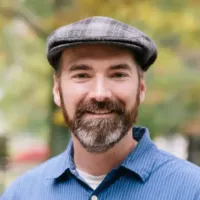
Webb is assistant professor of Environmental Studies and Director of the Center for Sustainability at Houghton College. He is also the founder and co-director of the Christian Climate Observers Program and is engaged in numerous national-level Creation Care initiatives.
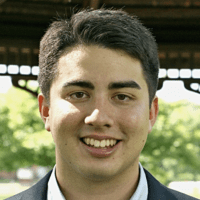
Lowe is the Deputy Executive Director at A Rocha international while also serving as a Board Member at Christians for Social Action and Senior Advisor to Young Evangelicals for Climate Actions, which he co-founded.
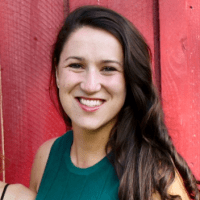
Barnett-Loro serves as Interim Executive Director at Climate Advocacy Lab where she oversees programmatic offerings, organizational learning, and evaluation work. She spent six years organizing local and state-level climate and energy campaigns with the North Carolina Sierra Club and Union of Concerned Scientists.
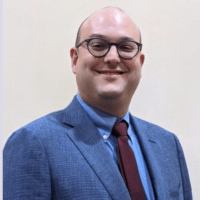
Low leads YPCCC’s strategy for engaging and supporting the climate and clean energy advocacy, media, and education communities. Prior to YPCCC, he managed campaigns and led grasstops and grassroots organizing efforts that advanced bipartisan support for climate action, elected climate champions, and passed legislation that expanded access to clean energy in multiple states.
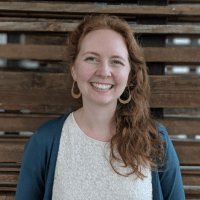
Katie is a Manager of Learning and Tools for the Center for Behavior & the Environment where she develops tools, resources, and trainings on Behavior-Centered Design. Katie has a passion for developing inclusive and engaging learning experiences for global audiences interested in environmental behavior change and human well-being. She earned an M.S. from the University of Michigan’s School for Environment and Sustainability.
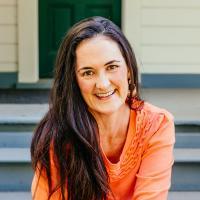
Gurney is a professor of psychology and clinical psychologist who specializes in resiliency, rebuilding relationships, and rethinking ways we care for one another. Following post-doctoral work at Harvard Medical School and Harvard-affiliated Boston Children’s Hospital, she has spent two decades in the Santa Barbara community working extensively with church and other community groups responding to natural disasters and deep polarizing divides.
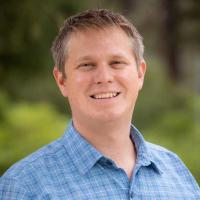
Carlson is a physicist at Westmont who teaches a course that frames concepts in physics around key environmental issues including conventional and alternative energy sources. He is currently working on projects to integrate small-scale energy infrastructure into education.
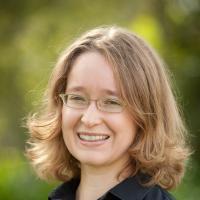
Reeder is a New Testament professor and co-coordinator of the Gender Studies program at Westmont. Her research addresses social issues—particularly war, women, and violence—in the Bible and biblical worlds. She teaches for Westmont’s Environmental Studies program, and her courses “Gender in Theological Perspective” and “Apocalypse” both deal heavily with environmental themes, including ecofeminism and end-times theology.
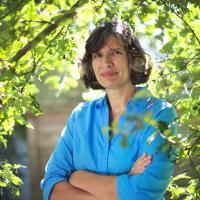
Boorse specializes in aquatic community ecology and invasive species. She is on the board of Au Sable Institute for Environmental Studies, and a senior advisor to Young Evangelicals for Climate Action. She was the lead author of a report on poverty and climate change, Loving the Least of These: Addressing a Changing Environment for the National Association of Evangelicals.
Eben Drost is a pastoral musician serving in both the Music Department and Campus Pastor’s Office at Westmont. His primary instrument is piano, and he has a background in jazz, classical, and popular music. He studied music at Westmont (’11) and earned a Masters in Theology at Fuller Seminary (’18).
Gardner is a rhetorician in the Communication Studies department at Westmont College. Her expertise is in public discourse, argumentation and advocacy, and communication criticism, and her research specializes on social change in response to public campaigns.
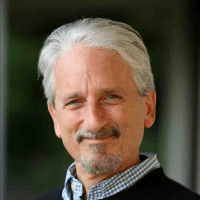
Schloss is a biologist who co-developed the international Creation Care Study Program, has spoken and taught widely on creation stewardship, and was a charter member of the Evangelical Environmental Network and Chair of Education for the Christian Environmental Council.
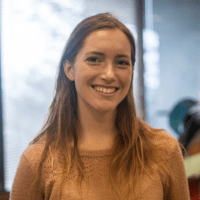
Knapp is a student at Westmont. She is majoring in Religious Studies, and Biology. She has served as Westmont Sustainability Intern since Fall 2023.
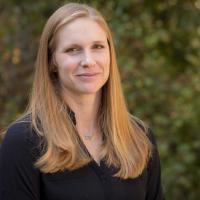
Bryant specializes in international development, and political economy, examining the organizational characteristics of foreign aid agencies. She teaches Westmont’s course in environmental politics for our Environmental Studies program.
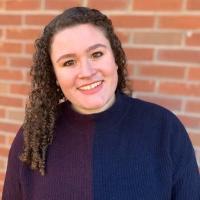
Tori serves as the National Organizer and Spokesperson for Young Evangelicals for Climate Action. She holds an undergraduate degree in communications and political science from Gordon College and a masters of environmental law and policy from Vermont Law School. Tori spent 4 years as Communications Director for YECA and the Evangelical Environmental Network.
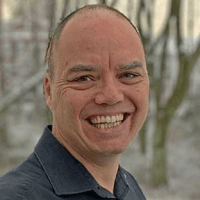
Cook is a research fellow at the Climate Change Communication Research Hub at Monash University. He is also affiliated with the Center for Climate Change Communication as faculty. He has authored several college textbooks, including Climate Change: Examining the Facts, Climate Change Science: A Modern Synthesis, and the book Climate Change Denial: Heads in the Sand.
Analee is a student at Westmont. She is majoring in History and Economics & Business, and minoring in Environmental Studies. She serves in Students for Sustainability, and attended COP28 UN Climate Change Conference in Dubai with the Christian Climate Observers Program
